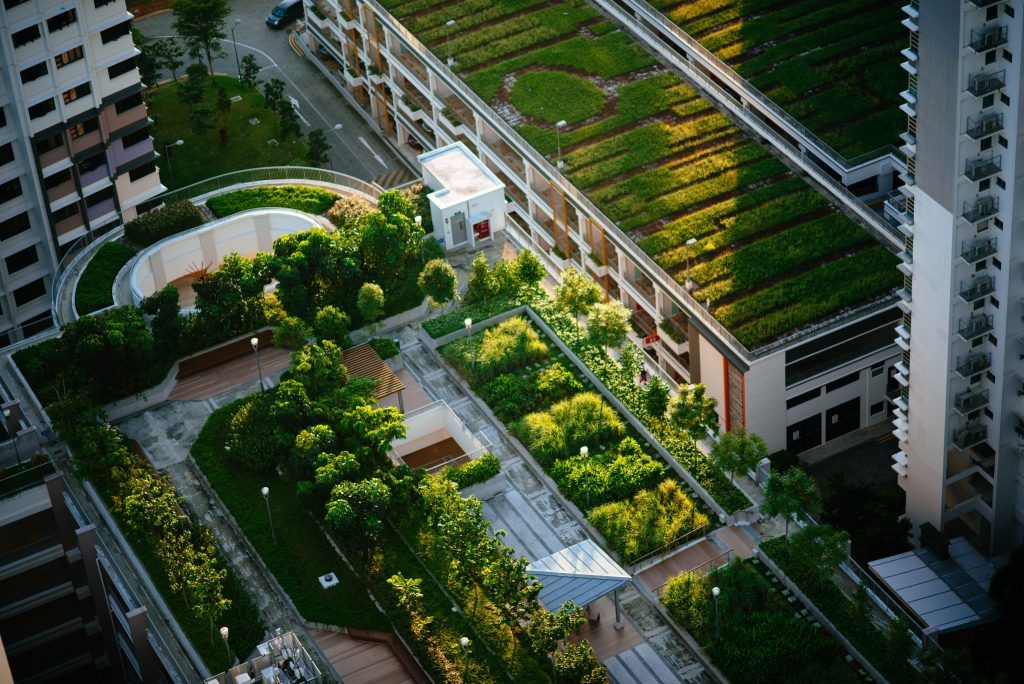Objective
Under this topic, a ‘European City Facility’ shall be run under the LIFE CET programme, which builds on the experiences gained from the current Horizon 2020 European City Facility[1] (H2020 EUCF) and envisages an appropriate follow-up and upscale of its fundamental approach(es).
Significantly enhanced investments will be needed to attain the ambitious objectives of the EU climate and energy policy and, in particular, the dedicated targets set for the years 2030 and 2050. This is also emphasized in the European Green Deal Investment Plan[2], which aims at mobilising at least €1 trillion of sustainable investments over the course of 10 years for Europe to become the first climate-neutral continent by 2050.
In this context, the level of sustainable energy and, in particular, energy efficiency investments needs to be increased considerably by both public and private funding sources, with an overall emphasis on progressively maximising the leverage ratio of private to public finance. This is also embedded in the “Renovation Wave”, which, in line with the European Green Deal[3] and the Climate Target Plan, addresses the strategic priority to substantially enhance energy efficiency in buildings and related investments to ensure a larger contribution of this sector to the increased 2030 climate and energy targets. Along the priorities identified by the Smart Financing for Smart Buildings initiative[4] and in order to achieve the Renovation Wave objectives of doubling building renovation rates and fostering deep energy renovation, EU decarbonisation efforts call for a more effective use of public funds, boosting project aggregation and building a substantial pipeline of energy efficiency investment projects across Europe.
Cities and municipalities play a key role in aggregating smaller projects into sizable packages and in mobilising the significant amount of finance needed for the energy transition. However, the degree of European cities and municipalities succeeding in developing and scaling up investment packages is still too limited in light of their overall potential and the challenges ahead. A key gap is the lack of capacity and/or resources of public authorities, especially of small and medium-sized municipalities, to transform their long-term climate and energy strategies, for instance Sustainable Energy and Climate Action Plans (SECAPs) or similar, into credible investment concepts enabling access to different finance sources. In particular, public authorities in many cases lack (access to) financial, technical and legal expertise needed to collect additional data, develop an investment programme of scale (for instance, pooling projects and/or bundling projects with neighbouring constituencies) or design finance strategies which demonstrate sufficient maturity.
Such investment concepts would allow a large number of European cities and municipalities to start or intensify the process of mobilising investments in sustainable energy in a clearly tailored and target-oriented way. Depending on the underlying investment portfolio and structure, such concepts could be used to directly approach investors and/or financiers for more in-depth investment discussions and negotiations, and/or, where relevant, envisage combination/blending with other EU financing streams and services to trigger the expected investment (e.g. Cohesion Policy Funds, InvestEU Fund[5], National Recovery and Resilience Plans, PDA[6], National Investment Platforms).
Scope
Proposals should take into account experiences regarding the ongoing H2020 EUCF, which is addressing above issues, and envisage an appropriate follow-up and upscale of its fundamental approach(es). In this context, proposals are expected to run a ‘European City Facility’ under LIFE which offers financial support and services to cities and municipalities or their groupings:
- The European City Facility should offer financial support to European cities and municipalities to develop investment concepts for sustainable energy investments, with a dedicated focus on energy efficiency. These concepts should be developed within a limited period of time and cover, inter-alia: a clear identification of the potential project pipeline, a legal analysis, a governance analysis, a description of how the investments will be financed and a design of the process to launch the investments. In this context:
- Proposals are expected to foresee financial support to third parties, in the form of grants including ‘lump sums’ (‘financial support scheme’), and around 70-75% of the budget should directly benefit cities, municipalities or their groupings in this context.
- In accordance with the general call conditions on financial support to third parties, applicants should in particular also clearly specify why financial support to third parties is needed and how it will be managed, and provide a list of the different types of activities for which a third party may receive financial support. The process and criteria for allocation of financial support to third parties need to conform to EU standards concerning transparency, equal treatment, conflict of interest and confidentiality. The proposal must also clearly describe the results to be obtained.
- Proposers should demonstrate the capacity to run a financial support scheme at large scale in accordance with LIFE CET standards and that they are able to select the most cost-efficient and appropriate applications taking into account, inter alia, the scale of the potential investment and energy savings, as well as the number of inhabitants covered in the specific context targeted.
- The European City Facility should additionally offer services at the national/regional level to support cities and municipalities in the application, investment concept development and investment implementation processes.
- The European City Facility should furthermore envisage appropriate replication measures and exchange of best practices among cities and municipalities, in particular also with a view to enabling the uptake and efficient operationalisation of the fundamental approaches of its scheme at the national/regional level.
- In this context, the European City Facility should establish an appropriate framework for comprehensive monitoring, analysis and capitalisation of results, notably the leverage factor achieved by the EUCF financial support with regard to envisaged investment concepts and related source(s) of funding.
Deadline
03 March 2022







Leave a Reply